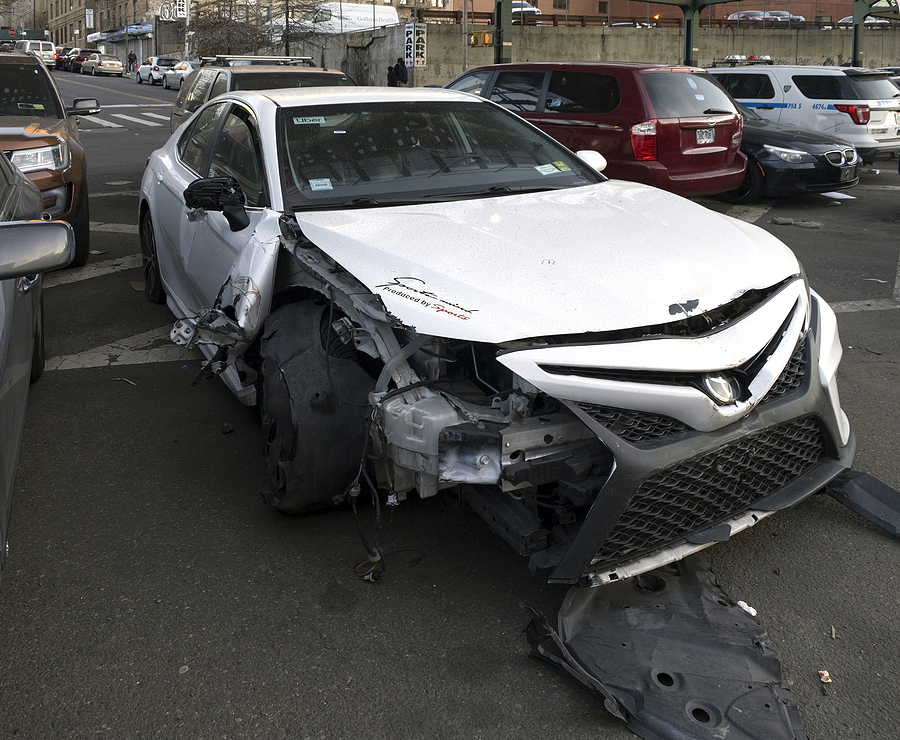Tax season is less than a month away. Whether your junk car has spent years rusting in the backyard or you’re about to part ways with an old vehicle, understanding the tax implications is crucial for maximizing returns and navigating the process smoothly. This is especially true for Hoosiers, as Indiana’s tax laws can be quite intricate.
In this comprehensive guide, we’ll decipher the complex web of tax considerations related to junk cars, explain the available deductions and credits, and provide insights on meeting legal requirements, ensuring that you don’t lose out on your hard-earned money or, worse, fall afoul of the taxman.

Understanding the Tax Implications in Indiana
When it comes to taxes on junk cars, several factors can influence the outcome. Whether you’re selling or simply disposing of your vehicle can significantly change the extent of your tax liability. With the right considerations, Hoosiers can often find relief even in what seems like the least valuable asset on their tax return.
Selling vs. Disposing
The method by which you dispose of your junk car in Indiana greatly influences your tax situation. Selling your car can sometimes result in deductible losses, depending on its assessed value and the price at which you sell it. However, if you’re simply scrapping the car, things can get considerably more complex.
Assessing Depreciation
For car owners who have used their vehicles for business purposes, depreciation can lead to tax savings. It’s crucial for Hoosiers to understand how to calculate and report this depreciation accurately, especially with respect to gains or losses from the sale or disposition of the vehicle.
Tax Deductions and Credits
Junk car owners may find themselves eligible for various deductions or credits at tax time. Familiarizing yourself with these can be a significant aid in reducing your tax burden.
Deductions for Charitable Donations
If the junk car was donated to a qualifying charitable organization, the owner may be eligible to claim a tax deduction. Indiana follows federal guidelines for charitable deductions, which means that certain conditions must be met, such as obtaining a written acknowledgement of the donation from the charity.
Environmental Credits
There are also cases where environmental credits might apply to the disposal of a junk car, particularly if it involves the Eco-friendly removal or recycling of hazardous materials. These credits, while not specific to junk cars, are worth exploring for potential tax benefits.
Legal Requirements and Compliance
Navigating junk car taxes in Indiana isn’t just about saving money; it’s about staying on the right side of the law. Understanding the regulations and compliance standards is essential.
Title Transfer
In Indiana, transferring the title of a junk car when you sell or donate it is a legal requirement. The process must be followed meticulously to ensure the new owner is recognized legally, and you’re free from future liabilities.
Reporting Sale or Disposal
Failing to report the sale or disposal of a junk car can land Hoosiers in hot water with the tax authorities. Even if you think the value is negligible, report the transaction to avoid potential penalties down the line.
Junk Car Tips for Hoosiers
While the tax implications of dealing with a junk car may seem daunting, there are practical steps Hoosiers can take to stay informed and proactive.
Keep Detailed Records
From the method of disposal to the value at the time of sale, maintaining accurate records is your best defense against any potential tax issues. These records can also come in handy to prove the legitimate use of available deductions or credits.
Work with a Trustworthy Junk Car Buyer
Partnering with a reputable junk car buyer can streamline the process, ensuring that all legal and tax requirements are met. Look for buyers who handle the documentation and title transfer procedures for you and provide clear communication about the tax implications of the sale.
Conclusion
Understanding the tax implications of junk cars is an essential part of responsible vehicle ownership in Indiana. By staying informed about the deductions and credits available, meeting legal requirements, and taking practical advice on managing taxes and junk cars, Hoosiers can ensure that the process of disposing of their old vehicles is as beneficial as possible. Remember, the value of your junk car might not end on the road; it could translate to very real tax savings, or even credits, with the right approach.
Looking for a junk car buying professional who can offer the highest payout for your scrap vehicle? Here we are! Contact GC’s Junk Cars at 317-608-2188 to sell a junk car for cash in Indianapolis, Indiana. We offer free towing with our in-house tow truck, so all you have to do is call and accept our offer!
Related Posts:
How to Assess Your Junk Car’s Worth
Is It Better to Donate or Sell a Junk Car?
What the Law Says About Scrapping Cars in Indiana

